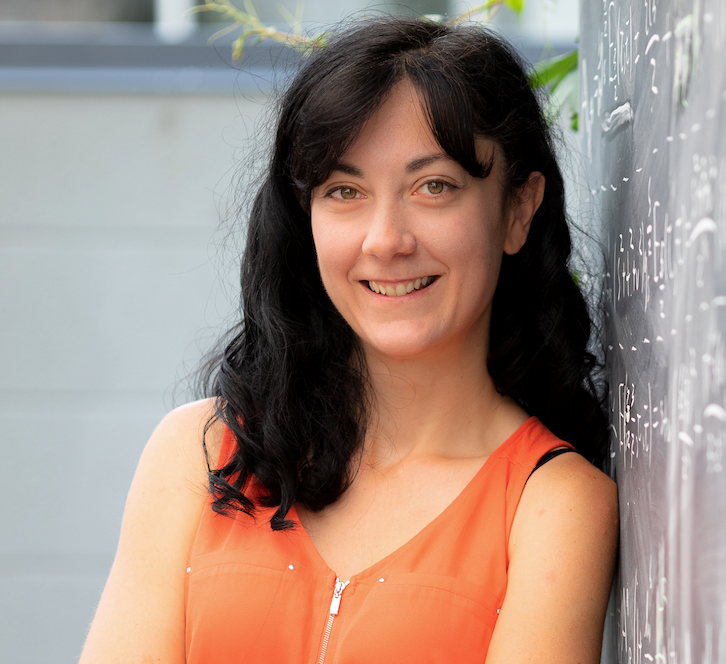Science and Mathematics
Physics Colloquium: Stefania Gori
April 11, 2024 at 3:30pm – 4:45pm EDT
Physics Building, 202/204
This event has already occurred. The information may no longer be valid.

The Syracuse University department of Physics is pleased to welcome Stefania Gori, associate professor of theoretical particle physics at the University of California, Santa Cruz.
Stefania Gori is a theoretical particle physicist working at the University of California, Santa Cruz (UCSC) as an Associate Professor. Stefania received her master’s degree from Scuola Normale of Pisa and her Ph.D. from Technical University of Munich in 2010. She then moved to North America, where she conducted postdoctoral research at the University of Chicago and at Perimeter Institute. Afterwards, she joined the faculty of the University of Cincinnati as an Assistant Professor and moved to UCSC in 2018. Stefania’s work in particle physics has covered several topics, including Higgs physics, flavor physics, the physics of Dark Matter, neutrino physics, and, more recently, the physics of axions. She collaborates closely with experimentalists to design new search strategies to discover new particles. She is one of the proponents of the DarkQuest experiment at Fermilab. She was a recipient of the National Science Foundation Career award in 2016.
“Dark sectors: from theory to accelerator experiments and beyond”
Abstract:
Dark matter is believed to make up most of the matter of our Universe, but its particle origin remains a mystery. Historically, experimental searches for dark matter particles have primarily focused on the mass window around the Higgs boson mass. At the same time, lighter dark matter candidates in a dark sector are theoretically well-motivated and arise generically in many theories beyond the Standard Model. Dark sectors can also address several other open problems in particle physics and cosmology, such as the strong CP problem and the baryon anti-baryon asymmetry problem.
In this colloquium, Dr. Gori will first present an overview of recent theoretical and phenomenological progress in the exploration of light dark sectors. Then, she will motivate new experimental searches and high-intensity accelerator experiments that have a unique opportunity to broadly explore viable light dark sector models in the coming years.
This event was published on February 8, 2024.
Event Details
- Category
- Science and Mathematics
- Type
- Talks
- Region
- Campus
- Open to
- Public
- Organizer
- CAS-Department of Physics
- Contact
- CAS-Department of Physics
phyadmin@syr.edu
+1.315.443.3901
- Accessibility
- Contact CAS-Department of Physics to request accommodations
